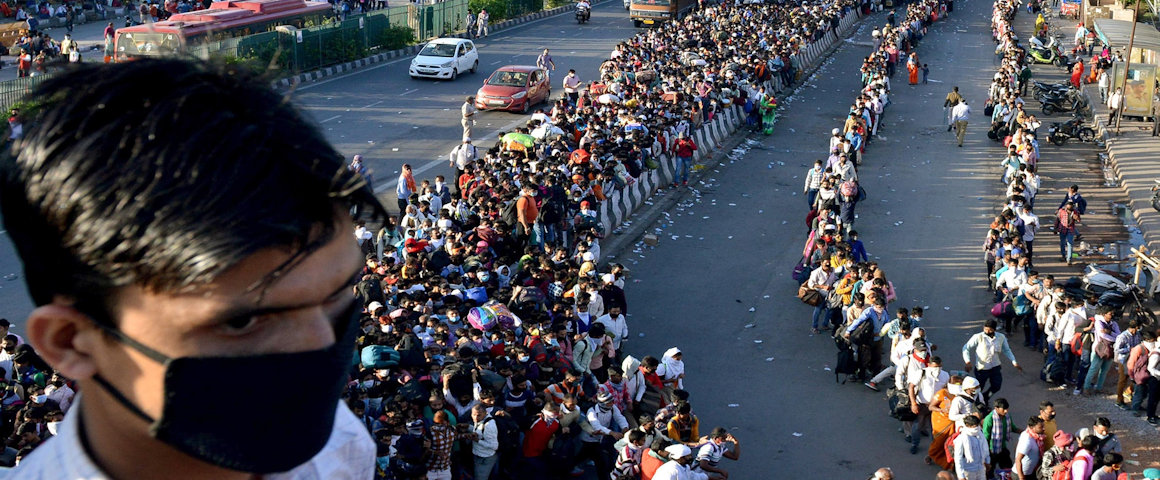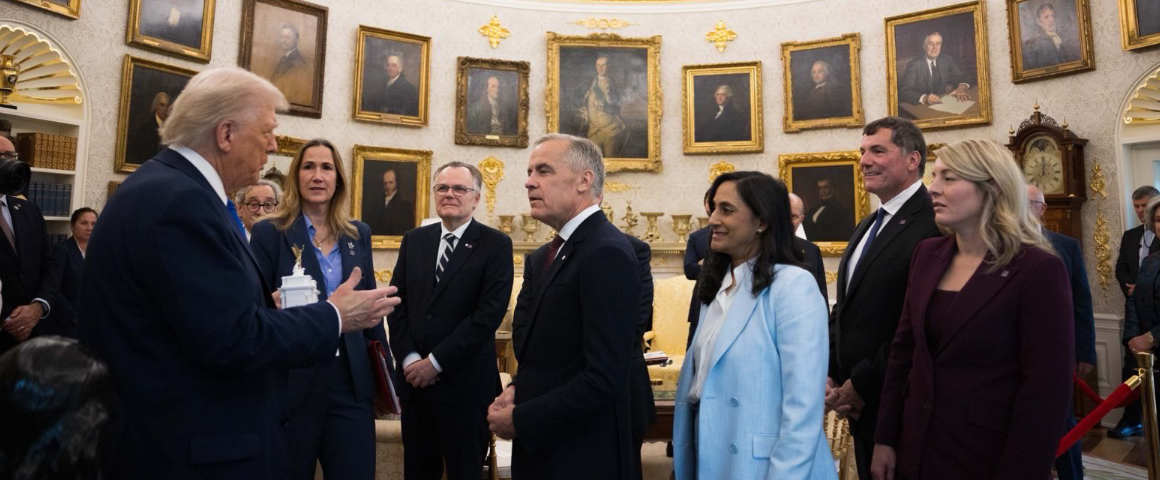By Dipanjana Dasgupta Dey
On December 6, 1992 India saw the demolition of the Mughal-era Babri Masjid mosque by fanatic Bhartiya Janata Party (BJP) and Rashtriya Sawamsevak Sangha (RSS) cadres. The incident triggered a nationwide riot in which as many as 2500 people (mostly Muslim) lost their lives. Twenty-seven years later, the BJP is not at all ashamed for their notorious act; rather, they see it as a glorious victory. Nobody, not even the highest court of India, cared about the demolition of a mosque and heritage site whose historical value was immense.
In August, Indians saw the prime minister of their secular country lying prostrate before the Hindu deity Ram, in the proposed Ram Mandir Temple on the site of the demolished Babri Masjid mosque. He compared the building of the temple with India’s independence struggle.
Why this Ram Temple?
Though there is no archeological evidence to prove it, many Hindus believe that the Mughals built the Babri Masjid mosque on the place where Ram was born and demolished a temple to the baby Ram in the process. Based upon this mythical tale, Muslims and Hindus have continued to fight over the land – whether it is Masjid’s or Ramlala’s.
In November 2019 India’s Supreme Court decided in favor of Hindus, ordering the construction of the Ram Mandir Temple on land of the Babri Masjid mosque. The verdict was widely criticized as a judgment based on faith, not fact.
Does India really need either Mandir or Masjid?
India is third worst-hit country in terms of COVID-19. At press time over 60,000 people are infected with the virus each day, with total cases of over 3.1 million. The pandemic has again exposed India’s poor health care system, with state-run hospitals clearly unable to combat the pandemic. Free government hospitals lack beds, pulmonologists, oxygen facilities, ventilators or COVID test centers. Shortages of masks, PPE kits, gloves, goggles, shoe covers and face shields are common. The slow process for procuring medical equipment has raised serious concern about the immense shortage; the delay in policymaking is the main reason behind this mismanagement. Hospitals in rural areas are in especially severe condition.
On the other hand, private hospitals charge an exorbitant cost for COVID-19 treatment, which large numbers of people in India can’t afford. On July 14, the Supreme Court asked the central government to regulate the cost of treatment in private hospitals, and in some states the government has capped them. But in response to this decision, many private hospitals began to limit their COVID-19 beds. While the country is witnessing a sharp spike in positive cases, the beds in private hospitals are quickly drying up. As a result, there has been a rapid increase in the number of patients being denied hospital services and many have died without medical intervention. But the government has nothing to say about it and there is no regulatory authority to deal with these inhuman activities by private hospitals.
Response from the government and other political parties
On March 21 Prime Minister Narendra Modi declared a nationwide lockdown – he ordered with four hours’ notice and without thinking about daily wage earners and migrant labourers. As factories and workplaces shut down, millions of workers lost their jobs and were faced with food shortage and an uncertain future. With no means of transportation, millions of migrant workers started walking back to their home without food and water; after returning home, the lack of work there them to go back to the city.
Amid this crisis, the Ram Temple groundbreaking ceremony is being systemically planned and organized. More than 100,000 sweets are being prepared from gram flour, clarified butter and crystal sugar, packed in steel tiffin boxes and distributed to different places. Forty tonnes of flowers are being brought from across India. While millions of people are in distress, no political parties have raised their voice against this extravagance ceremony and the media has not questioned it.
However, the Communist Party of India has strongly opposed the groundbreaking ceremony and lashed out over the Prime Minister’s remarks comparing the Ram Temple construction to the independence movement. “The Prime Minister has chosen to gain political currency via his remarks and misused the platform to further his own communal agenda. In his speech, the Prime Minister has … glorified acts that forever ruptured the secular fabric of India.”
In a statement issued by the Communist Party of India (Marxist), General Secretary Sitaram Yechury said “this ‘bhumi pujan’ [a customary ritual performed before initiating construction] provided retrospective legitimization for the destruction of the Babri Masjid.” The CPI (M) Polit Bureau called the bhumi pujan function “a naked exploitation of people’s religious sentiments for partisan, political purpose [that] brazenly violates the letter and spirit of the Indian Constitution.”
While the country is going through such a deep economic crisis, the prime minister lays 40 kilograms of silver brick.
So, what is it that India needs? Good health care facilities? Jobs? Or a 161-foot tall Temple?
[Photo: People’s Dispatch]
[hr gap=”10″]
Support socialist media!
If you found this article useful, please consider donating to People’s Voice.
We are 100% reader-supported, with no corporate or government funding.




